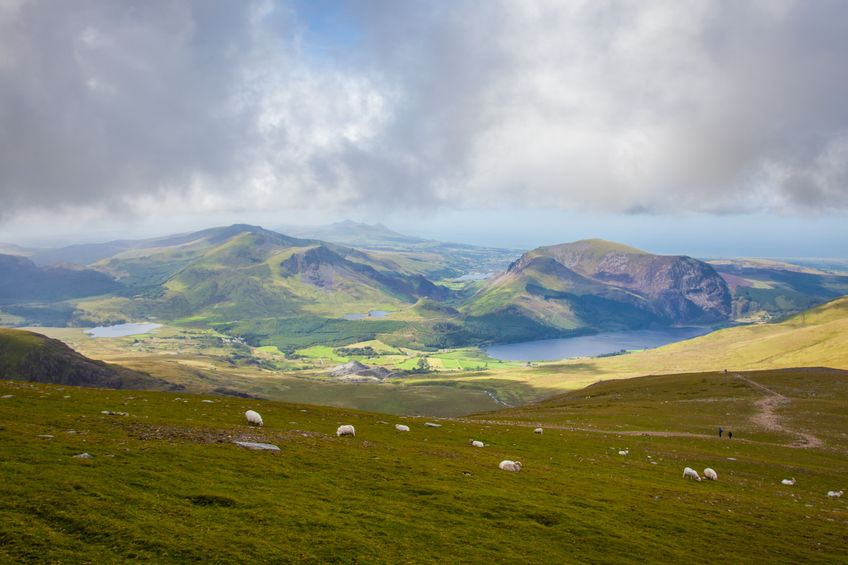
Livestock farmers in Wales can be global leaders in sustainability as they have the ability to address both climate change and global food security, according to a red meat industry body.
Hybu Cig Cymru - Meat Promotion Wales (HCC) addressed the Welsh Parliament’s Climate Change, Environment, and Rural Affairs Committee earlier this week.
It outlined the natural advantages which Wales enjoyed for sustainable livestock farming, including optimal conditions for growing grass and plentiful rainwater.
Wales also has the husbandry skills to produce quality meat from marginal land, while also sequestering carbon in the soils and hedgerows, HCC said.
With climate action and ensuring an economic recovery from Covid-19 high on the agenda, the body also highlighted the findings of new research into Welsh farming.
The study, entitled the Welsh Way Vision, looked at how Wales could provide sustainable food sources for parts of the world where water was scarce, and how Welsh farms were working to reduce emissions further.
HCC chief executive Gwyn Howells said Welsh livestock producers had a 'fantastic story' to tell in terms of the country's sustainability credentials.
“Working with independent researchers from a range of universities, we’ve shown that producing beef and lamb in Wales is far more sustainable than livestock farming in many other areas.
“There’s more we can do, and we’re determined to minimise our emissions and maximise the carbon that we capture in our soils,” he added
"But given the sustainable credentials we have, we can contribute positively to the global food security problem of producing quality food in the most appropriate place without adding to climate change."
Mr Howells said Wales had the 'perfect conditions' for grass growth and a landscape which was largely unsuited for other food production.
"It’s far more damaging to produce it in arid areas such as the Middle East and parts of the Americas," he explained.
"We have both an opportunity and a responsibility to maintain and build a strong sheep and cattle farming sector to produce sustainable food for consumers in Britain and abroad.”
